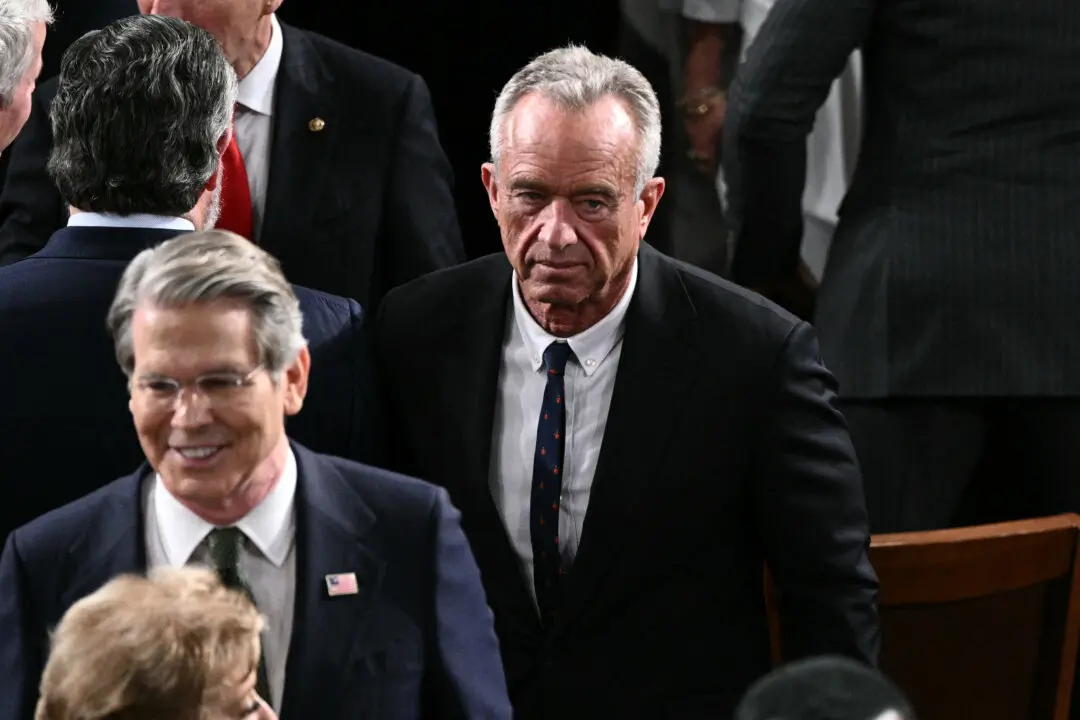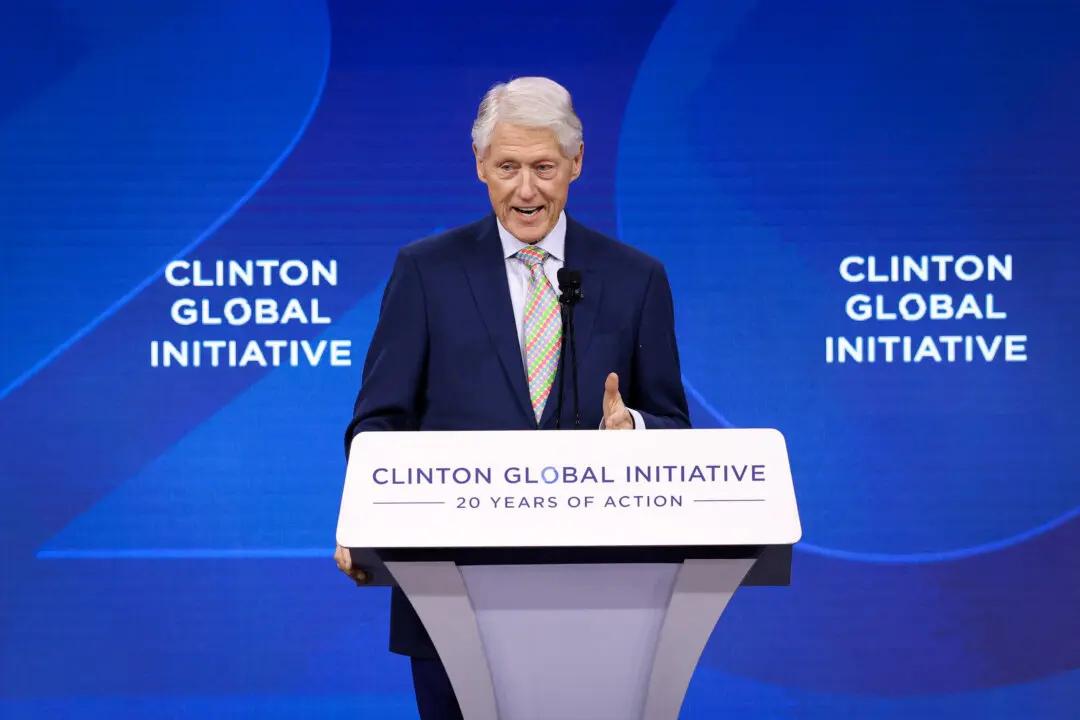The efficacy estimates Pfizer has offered for its COVID-19 vaccine for young children are being dismissed as unreliable even as the shot is being readied to be administered to millions of American toddlers and babies.
A Pfizer clinical trial for children aged 6 months to 5 years pegged the efficacy at 80.3 percent overall—82.3 percent for children aged 2 to 5, and 75.5 percent for kids 6 months to 2 years.






